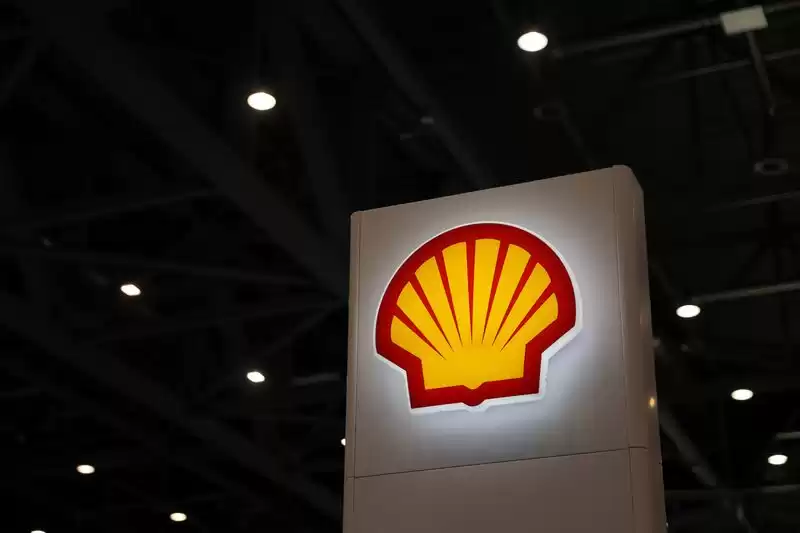Shell to Increase Oil Production in Argentina Despite Price Restrictions
Shell's CEO in Argentina, Ricardo Rodriguez, stated at an oil conference that macroeconomic pressures are discouraging the company from investing more in Vaca Muerta.
Ricardo Rodriguez, the CEO of Shell in Argentina, recently spoke at an oil and gas conference in Buenos Aires about the challenges the company faces in increasing its investments in Vaca Muerta. Despite being the second-largest crude oil producer in the region, behind Argentina's state-run oil company YPF, Shell is hesitant to invest more due to macroeconomic pressures.
Rodriguez acknowledged the "phenomenal" quality of Vaca Muerta and expressed a desire to invest more than the current $500 million per year. However, he noted that restrictions on accessing foreign currency and Argentine price regulations have made the company think twice before deciding where to allocate their investments.
In August, Argentina decided to freeze the domestic crude oil price at $56 per barrel until the end of October in an effort to combat triple-digit inflation. Additionally, the country has strict exchange controls in place to address its limited foreign currency reserves.
Rodriguez emphasized the lack of a free market price in Argentina, unlike in countries such as Brazil or Mexico. This disparity in competitiveness makes it challenging for Shell to make further investments in Vaca Muerta.
Vaca Muerta is a crucial asset for Argentina's goal of becoming an energy exporter, as it holds the world's second-largest shale gas reserves and the fourth-largest shale oil reserves. The country also has ambitions to export liquefied natural gas (LNG).
Overall, Shell's CEO in Argentina expressed the company's interest in investing more in Vaca Muerta but highlighted the need for favorable economic conditions and a level playing field to support further investments.











Comments on Shell to Increase Oil Production in Argentina Despite Price Restrictions